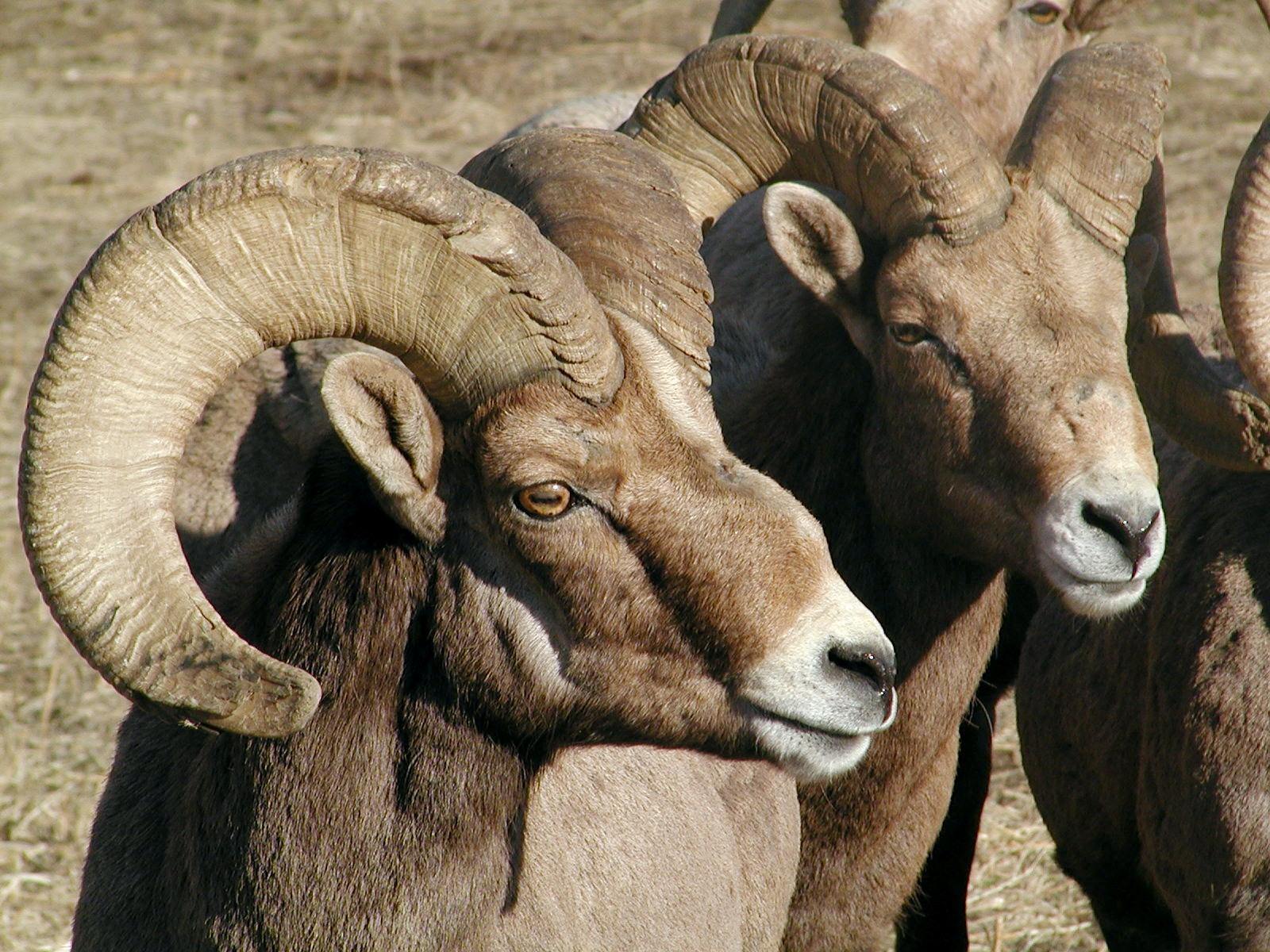ARCHIVED NEWS RELEASE
This document is provided for archival purposes only. Archived documents
do not reflect current WDFW regulations or policy and may contain factual
inaccuracies.
News release Jan. 5, 2023
Media contact: Eryn Couch, 360-890-6604
OLYMPIA – The Washington Department of Fish and Wildlife (WDFW) this week adopted a new rule intended to reduce the risk of Mycoplasma ovipneumoniae (Movi) transmission from domestic sheep and goats to bighorn sheep.
The adopted rule prohibits visitors bringing domestic sheep or goats onto wildlife area units where bighorn sheep may be located. The rule applies to select units of the Asotin Creek, Chelan, Chief Joseph, Colockum, Columbia Basin, L.T. Murray, Oak Creek, Scotch Creek, Sinlahekin, Wells, Wenas, and W.T. Wooten wildlife areas, and goes into effect in February 2023.
Pneumonia caused by the Movi bacteria can be lethal to bighorn sheep and reduces lamb survival rates for many years after an initial outbreak. There is no treatment or preventative vaccine.
Past pneumonia outbreaks among bighorn sheep in Washington and other parts of the western United States have been linked to contact between wild sheep and domestic sheep or goats, which can carry the bacteria.
“We’re increasing Movi prevention tactics for wild sheep herds in critical areas of Washington,” said Anis Aoude, WDFW game division manager. “We have taken a targeted approach by ensuring hunters and other visitors may continue bringing domestic sheep and goats, including pack goats, to other areas of WDFW-managed lands without bighorn sheep.”
The adopted rule culminates a months-long process to develop and refine the rule, including a public comment period, public hearing, and a state environmental review. The rule’s adoption this month followed the Department Director’s approval in early December 2022.
To reference the full rule, visit WDFW’s website.
WDFW works to preserve, protect and perpetuate fish, wildlife and ecosystems while providing sustainable fish and wildlife recreational and commercial opportunities.
